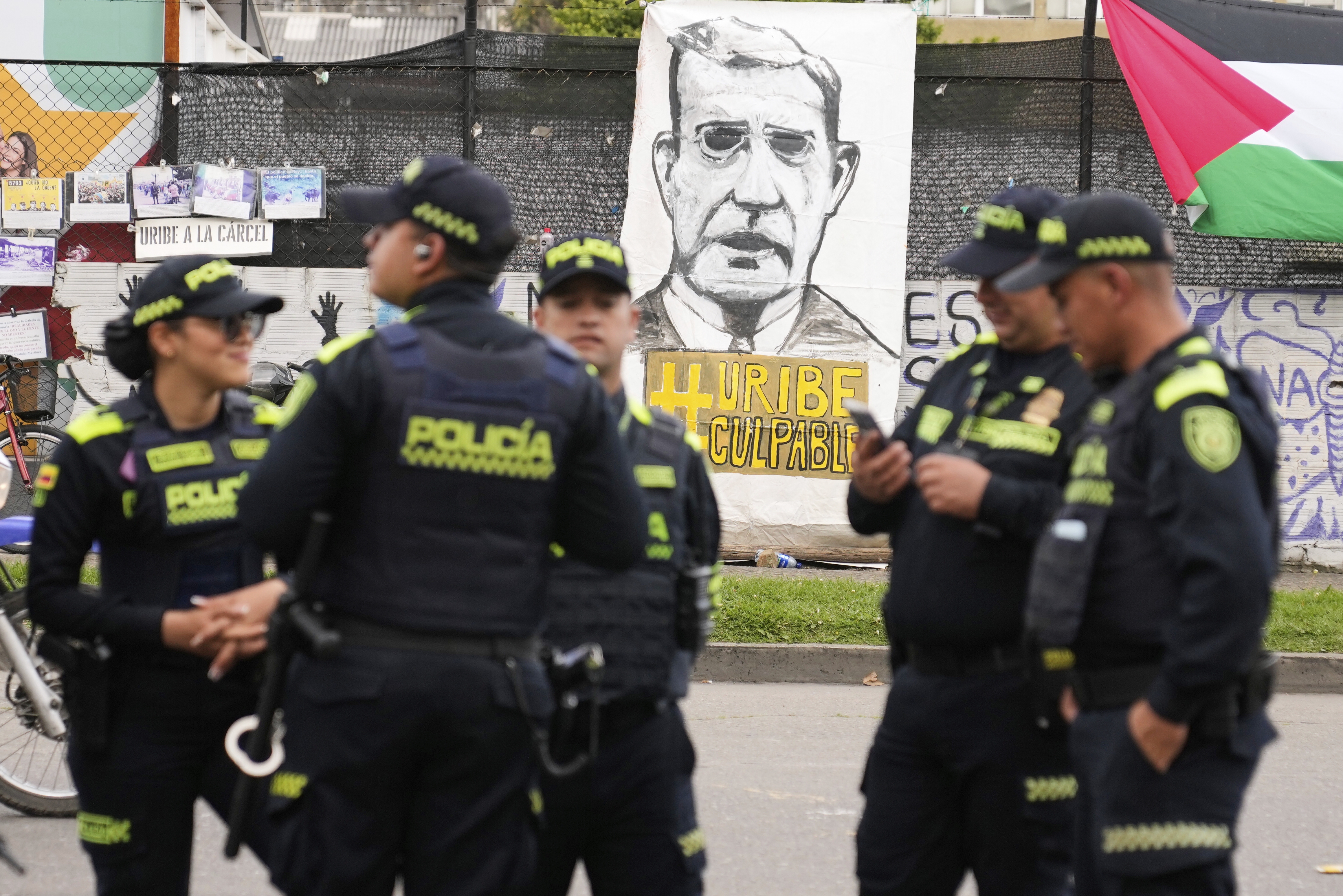The political scene in Colombia has been dramatically impacted by the assassination of Senator Uribe, whose impact stretched far beyond his position in the legislative assembly. His demise has triggered a surge of political instability and conjecture about the potential effects this tragic incident may have on the nation’s forthcoming presidential election. Although Colombia has faced political violence throughout its contemporary history, the murder of such a prominent legislator occurs at an exceptionally turbulent time, with the nation already profoundly split over matters of security, the economy, and the peace negotiations with armed factions.
Senator Uribe, a seasoned politician with a loyal base, had built his career around strong positions on national security, anti-corruption measures, and rural development. Over the years, he became both a political rallying point for supporters who saw him as a defender of law and order, and a target for critics who accused him of being too hardline in certain policy areas. His political standing meant that his endorsement or opposition could sway significant voter blocs, making his voice particularly influential in the heated lead-up to the presidential race.
The killing has ignited a new wave of political discourse, with parties across the spectrum seeking to frame the event to their advantage. For some candidates, Uribe’s death serves as a stark reminder of Colombia’s enduring struggles with violence, prompting calls for more aggressive crackdowns on organized crime and insurgent groups. Others are using the moment to stress the need for unity, dialogue, and strengthening democratic institutions to prevent further instability.
Public response has been rapid and filled with emotion. Gatherings and protests have occurred in large urban areas, with people showing sorrow, outrage, and concern over the consequences of the assassination. In the countryside—where Uribe had garnered significant backing because of his support for agricultural advancements—the feeling of loss has been notably intense. For numerous Colombians, this murder has triggered distressing recollections of earlier years when political murders and targeted attacks often unsettled the government and hindered reform initiatives.
Political analysts warn that the assassination could reshape voter priorities in unpredictable ways. Security concerns, already a top issue for many, are now likely to dominate the national conversation. This could benefit candidates who position themselves as tough on crime and armed conflict. However, it could also deepen mistrust in government institutions if the investigation into the killing is perceived as slow, incomplete, or politically manipulated. In Colombia’s polarized environment, such perceptions could lead to increased voter disengagement or even civil unrest.
International observers are watching closely, as the outcome of Colombia’s election will influence regional stability and foreign policy in Latin America. The United States, European Union, and neighboring countries have condemned the killing and called for a transparent investigation. Colombia’s role as a strategic partner in combating drug trafficking and as a key player in regional economic agreements means that political instability there could have ripple effects beyond its borders.
Under the surface, election tactics are swiftly being adjusted. Politicians who once relied on Uribe’s backing or sway must now navigate winning over his followers without seeming to take advantage. For alternative candidates, the gap left by his departure provides a chance to redirect political discussions to highlight their favored topics, be it economic changes, social initiatives, or environmental concerns.
The inquiry regarding the murder remains in its initial phase, though officials have proposed several potential reasons, including retaliation by organized crime and political vengeance. Colombia’s extensive background of overlapping political, criminal, and paramilitary influences complicates the discovery of the truth, turning it into a potentially disputable endeavor. Every new piece of information can influence public sentiment and shift electoral dynamics in the upcoming weeks and months.
For citizens casting their votes, the murder acts as a pivotal moment politically and personally. Numerous individuals are considering the wider effects of political violence in their nation—how it influences governance, impacts public trust, and affects daily life. Even though political discourse might escalate during the upcoming campaign period, there is also an increasing number of people advocating for changes focused on safeguarding public figures, reinforcing the judicial system, and tackling the fundamental reasons for violence.
In the longer term, historians may look back on Senator Uribe’s killing as a decisive moment in Colombia’s political evolution, marking either a step toward greater democratic resilience or a deepening of polarization and instability. The direction the country takes will depend on how political leaders, institutions, and citizens respond—not just in the days following the tragedy, but in the policies and attitudes that take shape after the election.
As Colombia moves toward its presidential vote, the absence of one of its most influential political figures will be deeply felt. Whether his death galvanizes voters toward a renewed commitment to peace and stability, or drives the nation further into political fragmentation, remains to be seen. What is certain is that the killing of Senator Uribe has irrevocably altered the electoral terrain, ensuring that this election will be remembered not only for its outcome but for the shadow of loss under which it was contested.




